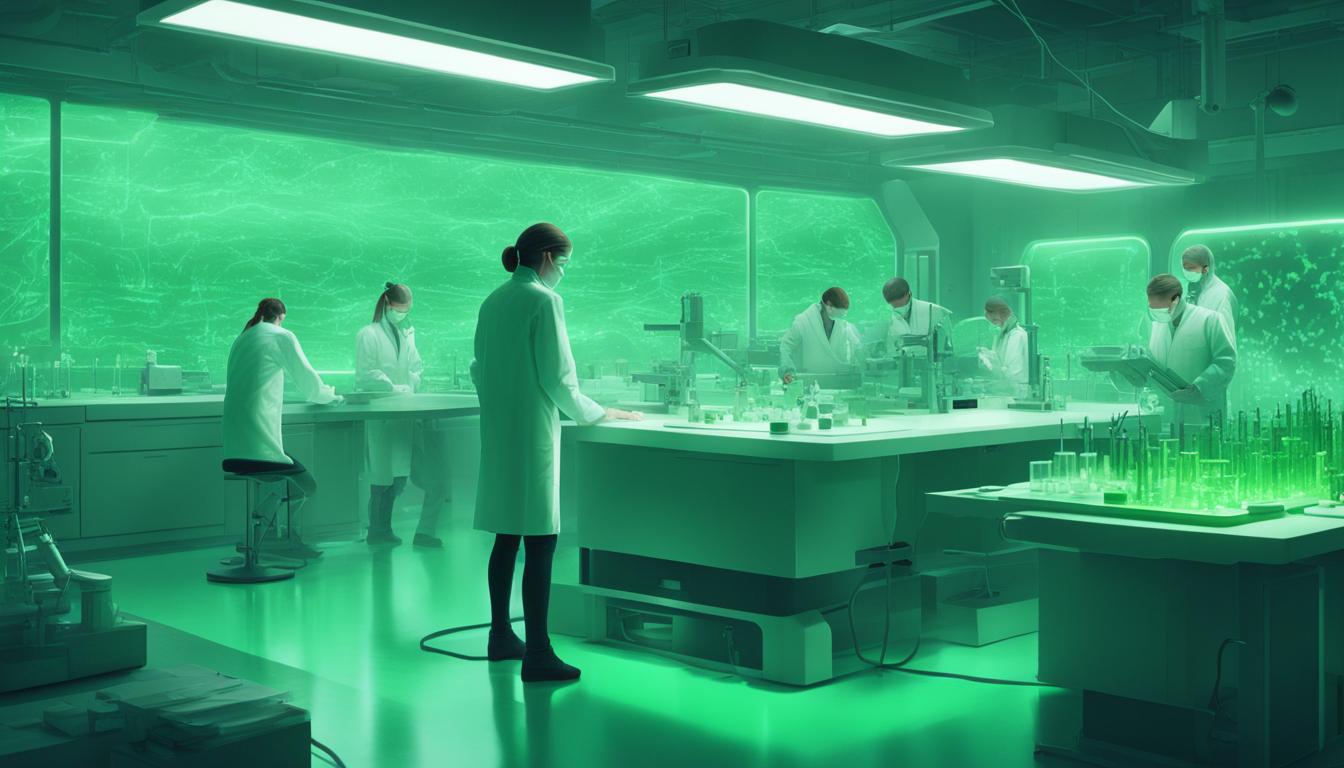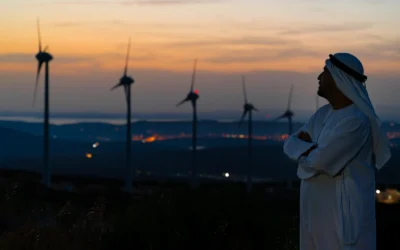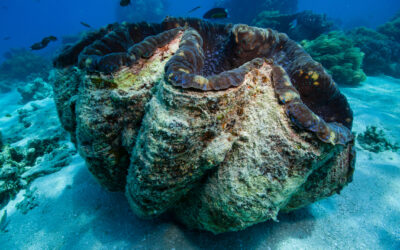Seed Health and The Two Frontiers Project (2FP) have unveiled a groundbreaking collaboration aimed at leveraging the unique capabilities of extremophile microbes to combat climate change.
This joint effort, spearheaded by Seed Health’s environmental division, SeedLabs, will focus on isolating and applying microorganisms thriving in CO2-rich environments to enhance carbon sequestration, restore vital ecosystems, and transform CO2 into sustainable products.
The partnership is rooted in the scientific promise shown by extremophiles—microbes that inhabit some of the harshest environments on Earth. In these settings, these microorganisms have evolved exceptional biochemical pathways, which can be harnessed for advanced carbon capture and utilisation technologies.
CO2 levels have climbed by 50% in the last 200 years due to human activities, reaching record highs not seen at any point in human history. This escalation has led to the degradation of critical ecosystems and a dramatic increase in ocean acidification. Against this backdrop, the significance of extremophiles becomes apparent. On one such expedition, supported by SeedLabs, researchers uncovered a novel volcanic microbe highly efficient in consuming CO2. This discovery marks a significant advancement, opening new avenues for mitigating climate change.
Dr. Braden Tierney, Founder and Executive Director of 2FP, emphasised the importance of early-stage applied research in climate strategy, stating, “The urgency of our climate crisis means we don’t have the luxury of time. Our partnership with SeedLabs enables us to accelerate our efforts, tapping into the extraordinary potential of microbial evolution for a new frontier in climate tech.”
The initiative is poised to address three primary areas:
Carbon Capture: Researchers will isolate microbial communities with high carbon sequestration capacities, studying coral-associated microbiomes known for their resilience to high CO2 conditions. Expeditions will be conducted on volcanic islands off the coast of Japan, collecting samples from diverse environments including oceanic CO2 seeps and coral ecosystems.
CO2 Upcycling for Sustainable Products: Under the guidance of Dr. James Henriksen from Colorado State University, efforts will focus on developing processes to convert CO2 into valuable commodities such as sugars, omega-3 fatty acids, and biofuels. This approach not only reduces atmospheric CO2 but also offers sustainable alternatives to petrochemical products.
Coral Ecosystem Restoration: The project will focus on protecting coral reefs from ocean acidification and climate-induced bleaching. Using advanced sequencing techniques, the team will identify and cultivate beneficial microbes that enhance coral resilience and promote reef restoration.
Seed Health and 2FP’s collaboration underscores a commitment to pioneering sustainable solutions. Raja Dhir, Co-Founder of Seed Health, remarked, “By harnessing the unique capabilities of microbes, we can address critical aspects of the climate crisis, from enhancing ecosystem resilience to innovating carbon utilisation strategies.”
Founded on the principle of One Health, where human health is intertwined with environmental health, SeedLabs continues to explore innovative microbial solutions. Current initiatives include projects aimed at honeybee preservation, coral reef regeneration, and plastic waste management.
Overall, the exploratory partnership between Seed Health and The Two Frontiers Project exemplifies a proactive approach towards climate innovation, highlighting the untapped potential of extremophile microbes as agents of ecological restoration and climate resilience.




